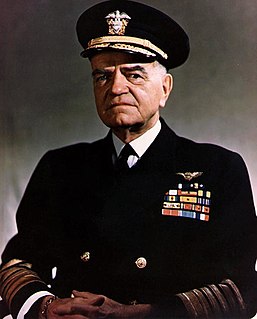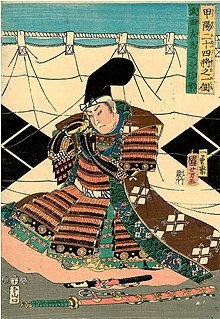A Quote by B. H. Liddell Hart
The art of the indirect approach can only be mastered, and its full scope appreciated, by study of and reflection upon the whole history of war. But we can at least crystallize the lessons into two simple maxims- one negative, the other positive. The first is that, in face of the overwhelming evidence of history, no general is justified in launching his troops to a direct attack upon an enemy firmly in position. The second, that instead of seeking to upset the enemy's equilibrium by one's attack, it must be upset before a real attack is, or can be successfully launched
Quote Topics
Appreciated
Approach
Art
Attack
Before
Crystallize
Direct
Direct Approach
Enemy
Equilibrium
Evidence
Face
Firmly
First
Full
General
His
History
Indirect
Instead
Justified
Launching
Least
Lessons
Mastered
Maxims
Must
Negative
Only
Other
Overwhelming
Position
Positive
Real
Reflection
Scope
Second
Seeking
Simple
Study
Successfully
Troops
Two
Upset
War
Whole
Related Quotes
If we know that our own men are in a condition to attack, but are unaware that the enemy is not open to attack, we have gone only halfway towards victory. If we know that the enemy is open to attack, but are unaware that our own men are not in a condition to attack, we have gone only halfway towards victory. If we know that the enemy is open to attack, and also know that our men are in a condition to attack, but are unaware that the nature of the ground makes fighting impracticable, we have still gone only halfway towards victory.
[Admiral Nelson's counsel] guided me time and again. On the eve of the critical battle of Santa Cruz, in which the Japanese ships outnumbered ours more than two to one, I sent my task force commanders this dispatch: ATTACK REPEAT ATTACK. They did attack, heroically, and when the battle was done, the enemy turned away. All problems, personal, national, or combat, become smaller if you don't dodge them, but confront them. Touch a thistle timidly, and it pricks you; grasp it boldly, and its spines crumble. Carry the battle to the enemy! Lay your ship alongside his!
If asked how to cope with a great host of the enemy in orderly array and on the point of marching to the attack, I should say: "Begin by seizing something which your opponent holds dear; then he will be amenable to your will." Rapidity is the essence of war: take advantage of the enemy's unreadiness, make your way by unexpected routes, and attack unguarded spots.





































